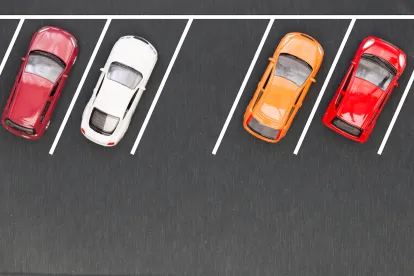Trends in IT Licensing for the Auto Industry
In the not-so-distant past, the automotive industry sought to be mostly self-sufficient. That is to say, that when an automobile manufacturer (commonly referred to as an OEM) wished to add a new feature to one of its vehicles, it developed that feature itself, with little to no help from outside sources. Today, such an approach is neither practical nor cost-efficient. Technology in vehicles is evolving at a rate OEMs are ill-equipped to handle. Customer demand for increased interoperability and functionality, including cars offering digital services ranging from entertainment to maintenance, is pushing OEMs to seek solutions outside of their traditional routes.
Although an OEM may not necessarily own the intellectual property for a car’s new smart features, licensing technology does present opportunities for OEMs to lower costs, as they do not have to invest in intellectual property development and enforcement. However, increased licensing also poses unique legal risks. In particular, licensing agreements should carefully consider exclusivity of any licensed feature, ownership of any custom modifications to the licensed feature, and ownership of the data derived from the driver’s use of a vehicle with such a feature. Special attention should also be given to developing strong confidentiality and ownership protections of the OEM’s technology assets, including any OEM-unique specifications or modifications to the licensed technology. Often, smart technology increases the amount of driver personal information collected by the car and accordingly by the OEM, so strong data protection and security language is a must to reduce the risk of a security breach, or a breach of applicable privacy laws. In sum, whether you are an OEM or a technology service provider, the structure of your licensing agreement, and the clauses protecting your intellectual property, will become increasingly important in an increasingly digital age.
Commercial and Development Agreements
The standard terms and conditions utilized in the automotive industry by original equipment manufacturers and most large tier suppliers grant generous intellectual property rights and uses to the buyers of developed technology or products incorporating such technology, as well as in the “background” technology used in the application or enhancement that is the subject of the development work. Thus, it is important that suppliers consider entering in to negotiated and detailed development and commercial agreements that address the responsibilities and obligations of the development work and the permitted uses of the technology, including any background technology, as well as things like pricing, testing, and warranty obligations related to the use of such technology.
Keep in mind that the standard terms and conditions typically used in the automotive industry also contain broad warranty, recall, and indemnification provisions that include general warranties of fitness and design. Such terms may not be appropriate in certain circumstances and may require review and possible modification, depending on whom has assumed what responsibilities in connection with the selection, testing, and integration of the technology. In summary, it is important to analyze and determine whether the relationship requires a customized agreement to address the rights and obligations arising from the collaboration, especially in light of the standard terms of the buyer, which may apply absent such an agreement.





 />i
/>i


